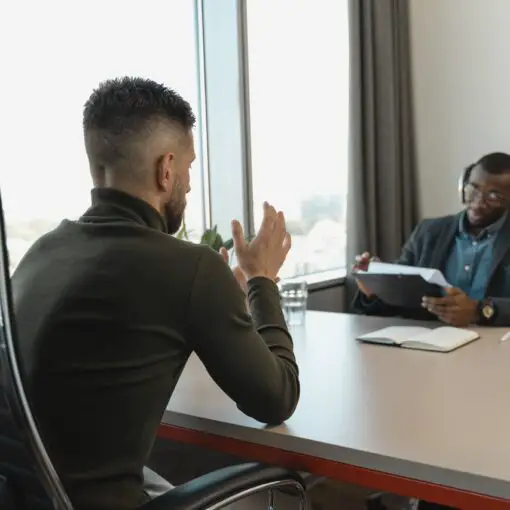There is a time and a place to use different skills in life. When faced with a problem that requires calm, logical reasoning to find a valuable and lasting solution, Critical Thinking can help.
Critical Thinking can apply to numerous situations in someone’s life, but it isn’t always the best answer. Keep reading to discover when to use Critical Thinking and how to do it well!
What Is Critical Thinking?
Before trying to use Critical Thinking, you need to know what it is. The idea was first put to words by John Dewey in 1910, though the Ancient Greeks applied it without calling it such.
The concept involves reflective thought and the development of a scientific attitude towards problems. Critical Thinking utilizes data, information, observation to formulate and understand links between ideas, errors in reasoning, and the importance of information to an argument.
But Critical Thinking isn’t just the process of reflecting on thoughts, beliefs, or ideas. It involves measuring the quality of those ideas or a problem and working to improve them. Critical Thinking identifies flaws in thinking and helps create solid and logical solutions to problems.
Steps To Critical Thinking
The premise of Critical Thinking requires a systemic approach to analyzing information to solve a problem or come to a logical solution adequately.
Step 1: Identify The Problem
Clearly define the problem you want to solve. The more clearly defined the problem, the easier it is to research the cause and develop solutions.
Step 2: Examine Why The Problem Exists
Consider the probable causes and solutions to the problem before researching. This step helps narrow down the breadth and type of research you need to examine the issue.
Step 3: Research The Problem
Research builds the foundation for a logical and solid solution to a problem. Investigate the problem and the opinions of leaders in the field regarding the issue. Consider information from scientists, doctors, theologians, politicians, etc.
Also, don’t look at just a single perspective that agrees with your thoughts. Instead, gather information from opposing views and sources to get a comprehensive picture.
Step 4: Organize Research and Findings
After gathering information and evidence to build on, organize it to make things easier to refer back to for reference.
Step 5: Develop and Test Hypotheses
After summarizing and organizing your research, create one or several hypotheses on how to solve the problem. Then, test out the hypotheses.
Step 6: Analyze What Worked (And What Didn’t)
Examine the results of the tested hypotheses. Analyze what worked and what didn’t.
Step 7: Identify Areas of Improvement
Draw your conclusions from the results of any thinking, testing, or hypothesizing done to correct the problem. Then, develop areas of improvement to strengthen the solution to the problem.
When To Use Critical Thinking – Applications and Examples
If you aren’t sure when to use Critical Thinking, the answer is: often. Critical Thinking applies to countless situations in life, from academic to social. For example, you can apply Critical Thinking to problems like:
- Why did something you said upset a close friend?
- How do political ads influence beliefs?
- How to reduce your carbon footprint?
- How to help solve a dispute between employees, siblings, or friends?
- Evaluate your opinion on political or social beliefs.
- Assessing and understanding the importance of a thought or idea to your children or friends.
The Benefit of Using Critical Thinking
With Critical Thinking, individuals learn to process situations with sound reason to understand their motives better, the beliefs of others, and the flaws and strengths of arguments.
Critical Thinking can apply to almost any situation a person comes across in life. From school projects to relationship dynamics, Critical Thinking provides a process to analyze a problem logically to come to a clear solution.
References
https://plato.stanford.edu/entries/critical-thinking/history.html
https://www.indeed.com/career-advice/career-development/critical-thinking-skills
https://www.skillsyouneed.com/learn/critical-thinking.html





